World Humanitarian Day

On World Humanitarian Day (19 August) we honour those working tirelessly in fragile, complex settings to protect and save lives. We join the call for protection, accountability and action to support humanitarian workers carry out their work and for people affected by crises around the world. The humanitarian system is underfunded, overstretched and under attack. […]
Sanitation improvements for schools affected by Cyclone Chido
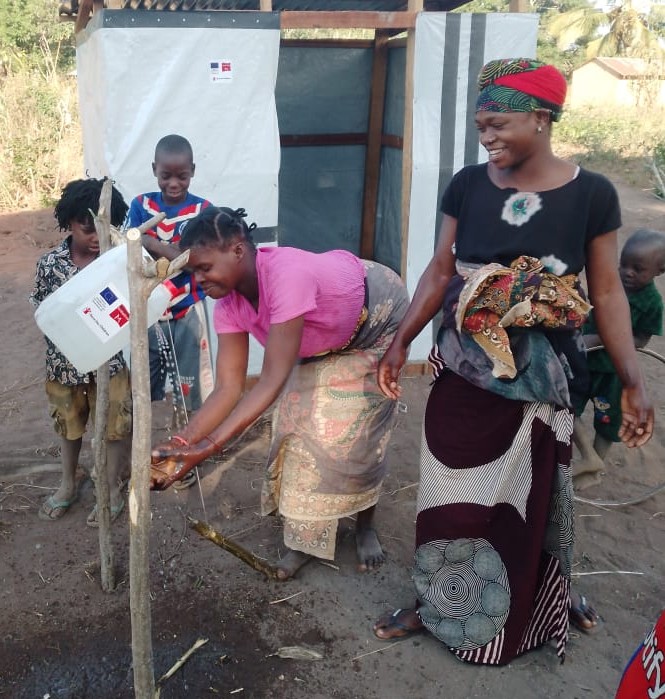
Last December Cyclone Chido caused widespread damage in Mozambique, destroying homes, roads and health facilities. In Cabo Delgado Province an estimated 272,000 people were affected. Sanitation facilities in schools were severely impacted, leaving children with virtually no latrines or ones that were partially destroyed. A student from Sambene School said: “When we went back to […]
Strengthening health systems through WASH improvements
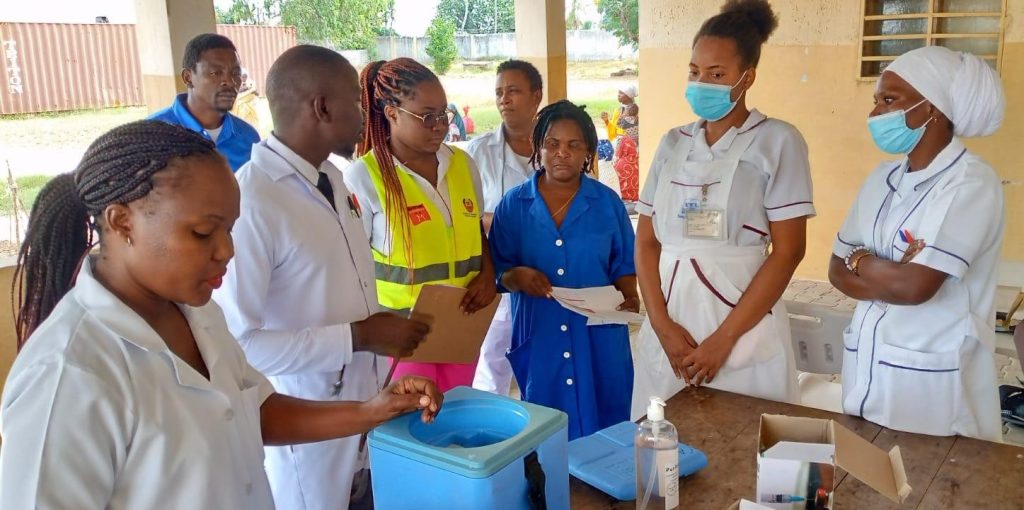
MENTOR is supporting District Health Services to strengthen health systems in northern Mozambique by implementing the WASH Facility Improvement Tool (WASHFIT) in 15 health facilities. Safe water, sanitation, and hygiene are critical to quality healthcare. In partnership with UNICEF Moçambique, we are working together with facility teams in Cabo Delgado and Nampula Provinces to: – […]
Mobile clinics deliver health and nutrition services in Cabo Delgado
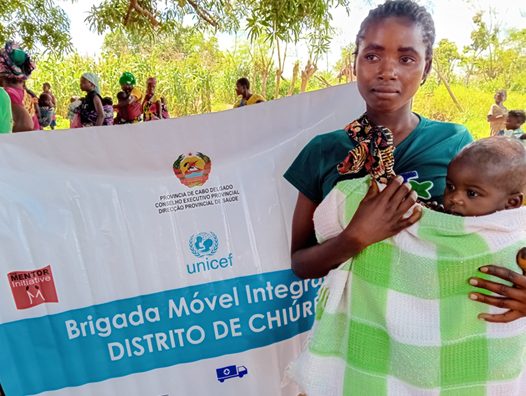
Two mobile clinics staffed by specialised integrated health teams are working with community health workers and volunteers in Chiure District, Cabo Delgado to deliver essential health and nutrition services to communities furthest from facilities. Severe chronic malnutrition affects one in two children between 6 and 59 months in Cabo Delgado, Nampula and Niassa Provinces. Malnutrition […]
Cholera threat rises after third cyclone in four months hits northern Mozambique

On 10 March Cyclone Jude made landfall in Nampula Province, Mozambique devastating communities already struggling to rebuild their lives after cyclones in December (Chido) and January (Dikeledi). High winds and heavy rain have made roads inaccessible, damaged infrastructure such as schools, water systems and health units, and led to power outages across the area. The […]
Country Director – Mozambique
We are looking for an experienced and highly motivated Country Director with a strong interest in disease control to lead and develop a country programme, partnering with a strong UK-based team. The successful candidate will be trained in our systems and approaches and then take on the leadership of a country programme in an emergency setting. Specific […]
Ensuring safe drinking water in Cabo Delgado Province
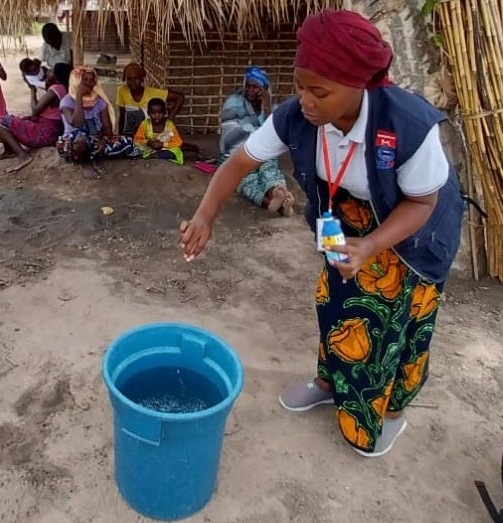
Water-borne diseases from unsafe drinking water are a significant risk for people in fragile settings and especially dangerous in children under five-years old. In low-income settings diarrhoeal diseases such as cholera and typhoid are the second leading cause of death in young children. (source: WHO) Water purification using chlorination is one simple, cost-effective solution to […]
Increasing access to water in IDP camps in Cabo Delgado
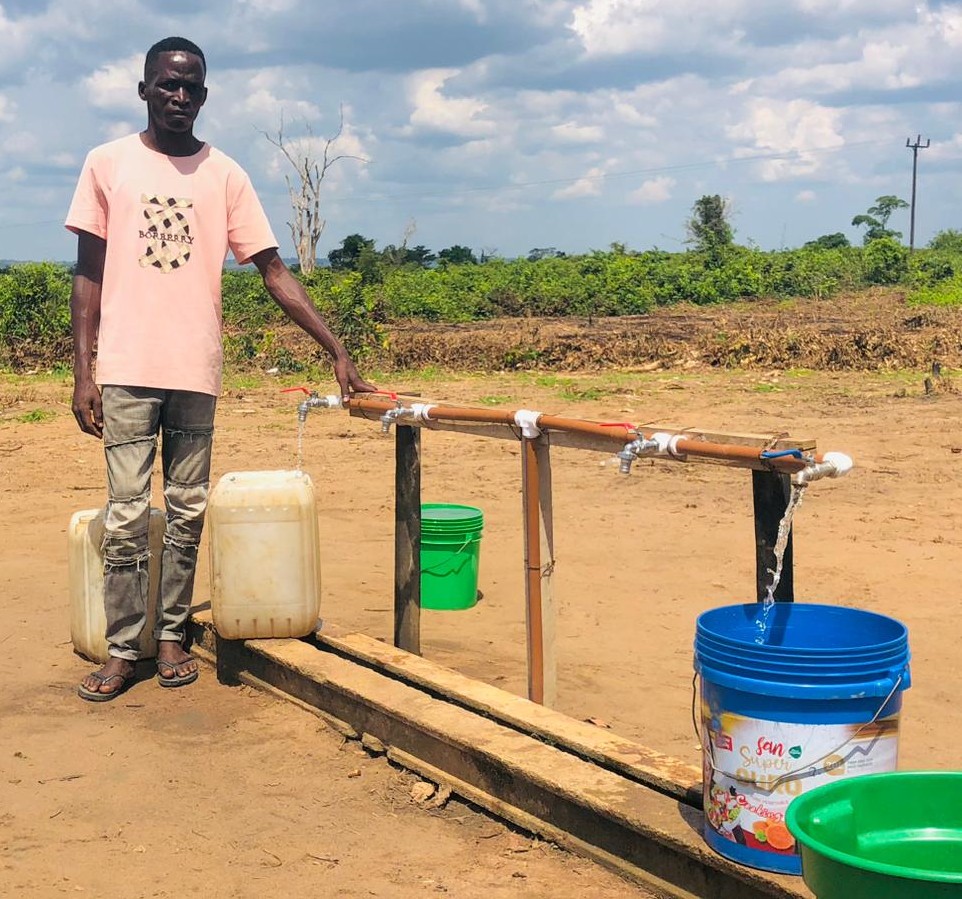
For families arriving in Internally Displaced Person camps in Cabo Delgado, Mozambique the lack of access to water is a significant concern. It not only limits the availability of drinking water but also increase the risk of diseases linked to poor hygiene. To address the critical need for water, MENTOR is informed when families who […]
Improving water and hygiene in schools affected by conflict
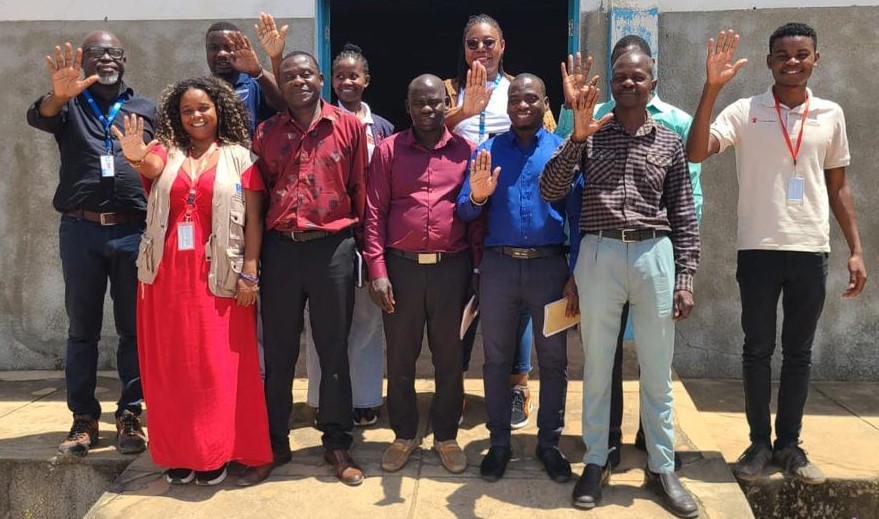
The second phase of a programme to increase access to safe, quality, and inclusive education and protection services for children affected by conflict recently begun in Cabo Delgado, Mozambique. MENTOR is responsible for rehabilitating boreholes, latrines and building water stations to improve access to water and hygiene in schools severely affected by armed conflict and […]
New mobile healthcare for communities in Cabo Delgado
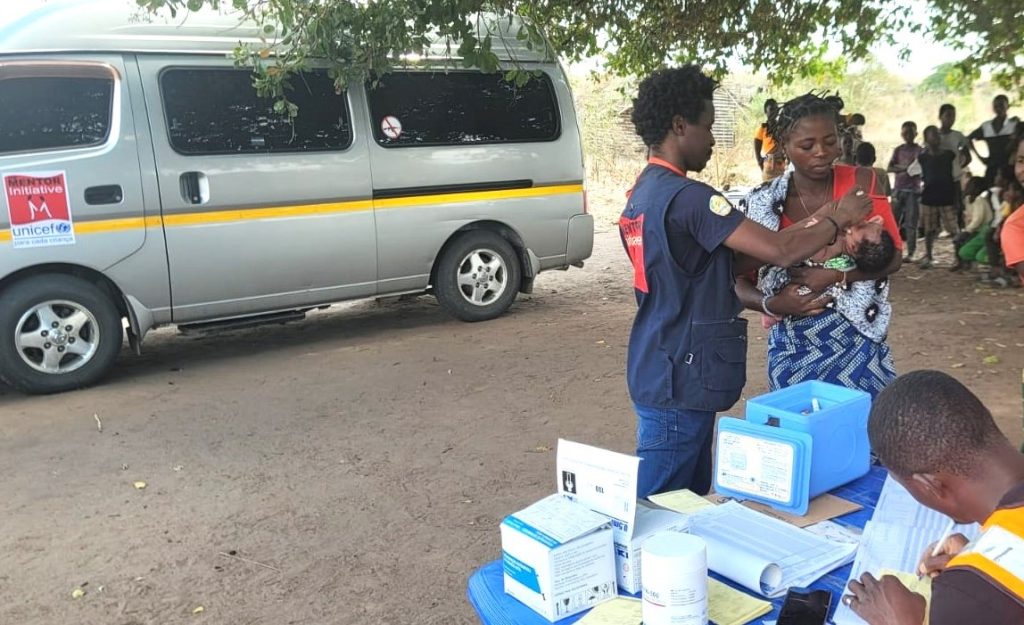
New mobile health teams are visiting 20 communities in the Chiure District of Cabo Delgado to deliver essential healthcare to remote areas underserved by health services and facilities. Most people living in these communities have been displaced by conflict in Cabo Delgado which has also caused the destruction and reduction of health facilities. The two […]
